
Find A Professional
More Items From Ergsy search
-

Are there NHS dentists available for patients with special needs?
Relevance: 100%
-
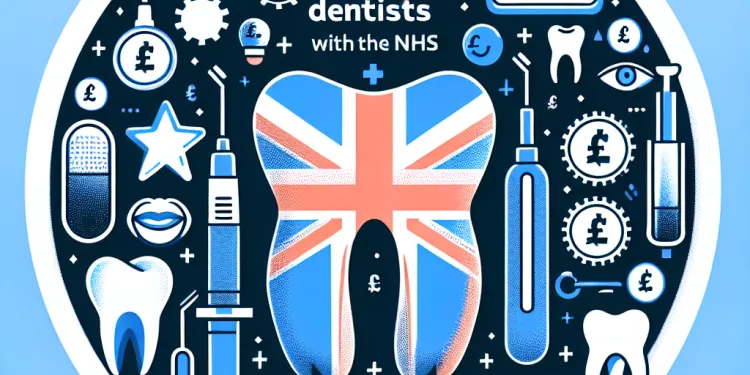
Can I switch NHS dentists?
Relevance: 84%
-
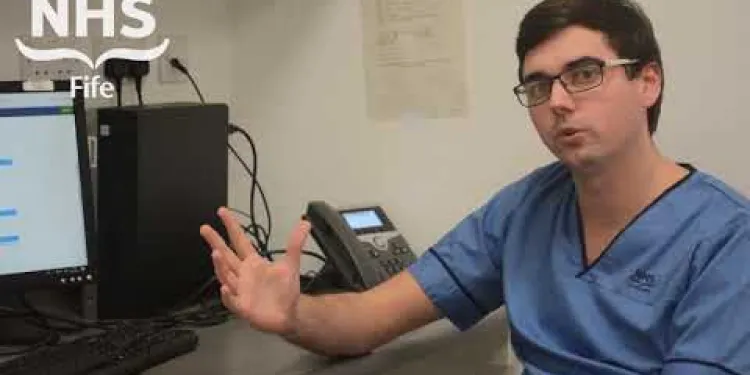
The Delirium Question on Patientrack
Relevance: 79%
-
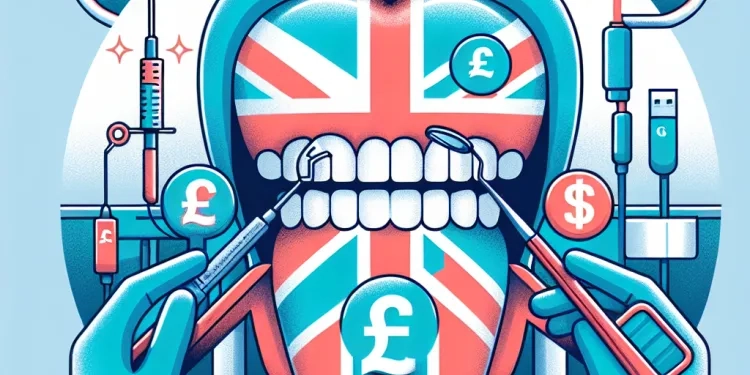
Can I be registered with an NHS dentist?
Relevance: 78%
-
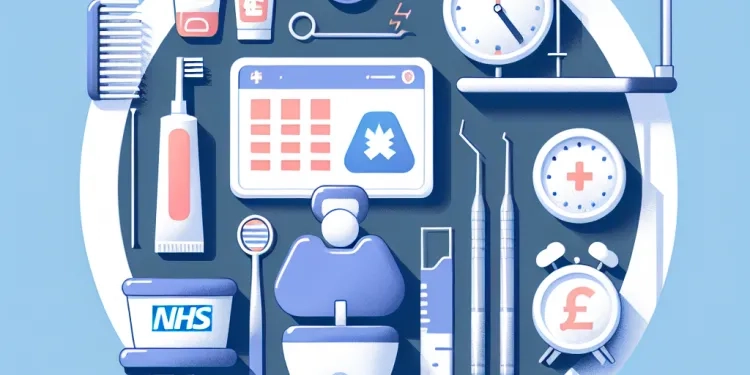
How can I find an NHS dentist for an appointment?
Relevance: 72%
-

Who is responsible for assessing SEND needs?
Relevance: 61%
-

What does SEND stand for?
Relevance: 57%
-

NHS Utilizes AI to Prioritize High-Risk Patients on Waiting Lists
Relevance: 52%
-

Can I get a dentist appointment on the NHS?
Relevance: 51%
-

Gaining consent from stroke patients
Relevance: 49%
-

Who are SEND children?
Relevance: 48%
-

Positioning for Breathless Patient
Relevance: 47%
-
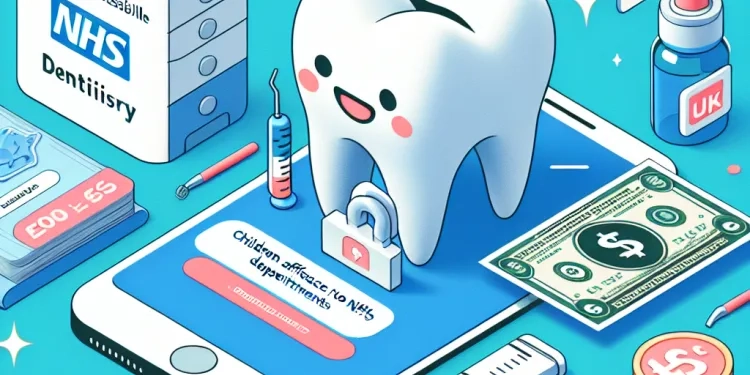
Can children get NHS dentist appointments?
Relevance: 46%
-

Needle phobia - Top tips video
Relevance: 46%
-
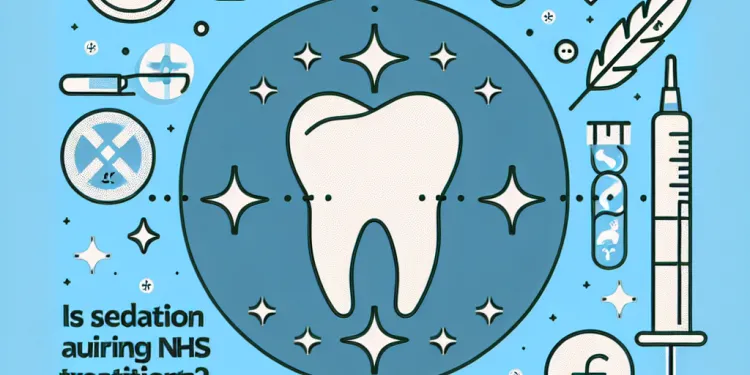
Is sedation available during NHS dental treatments?
Relevance: 43%
-
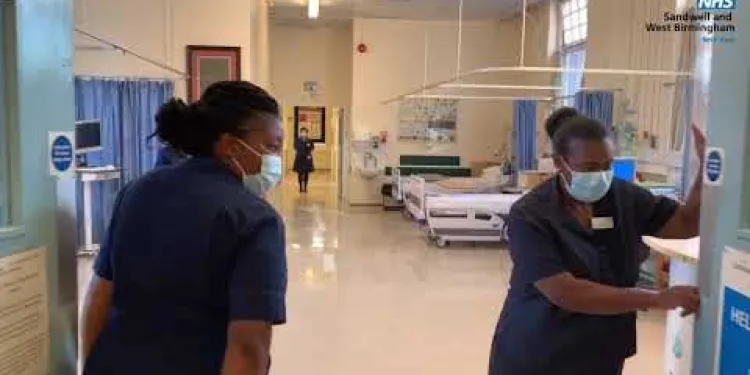
Tour of the Sickle Cell and Thalassaemia Unit at City Hospital | SCaT
Relevance: 42%
-

The Leeds Specialist Rehabilitation Centre - 3 Prosthetic Physiotherapy
Relevance: 42%
-
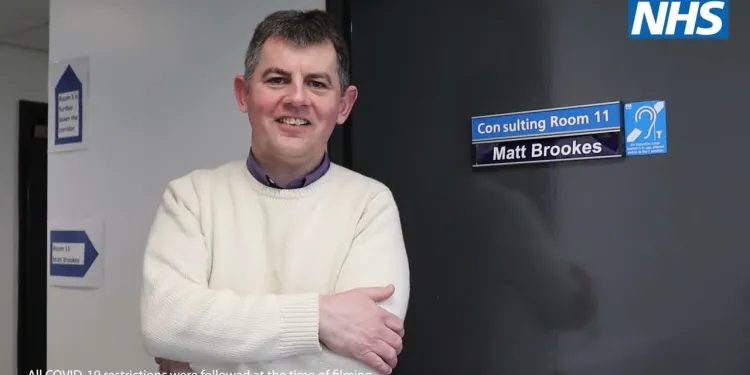
What is a social prescriber, and how do they support general practice?
Relevance: 42%
-

Do NHS dentists cover cosmetic treatments?
Relevance: 41%
-

Making a spinal brace for a scoliotic patient at the RNOH
Relevance: 41%
-

Fallsafe - Put the patient first. Preventing falls in Hospital.
Relevance: 41%
-

Do not attempt cardiopulmonary resuscitation (DNACPR)
Relevance: 39%
-

NHS to Expand Digital Health Services to Reduce Appointment Backlogs
Relevance: 39%
-

Inpatient Surgery at North Bristol NHS Trust
Relevance: 39%
-
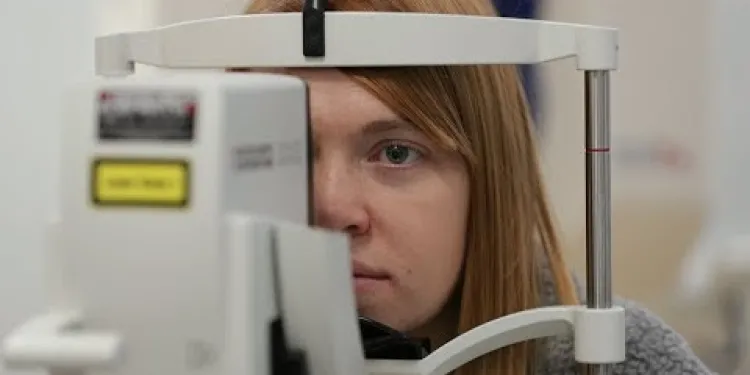
Patient voices in type one diabetes - I would have done things differently.
Relevance: 39%
-

How the Shortage of GPs is Affecting Patient Care Across the UK
Relevance: 38%
-

What is an Education, Health and Care Plan (EHCP)?
Relevance: 37%
-

Can I get dental implants on the NHS?
Relevance: 37%
-
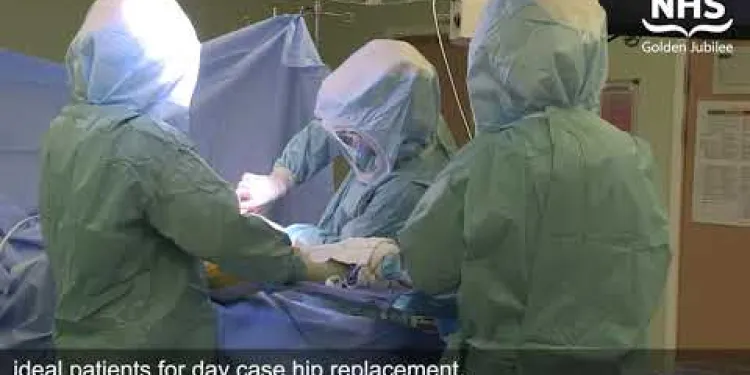
Same day discharge for NHS Golden Jubilee’s hip replacement patients
Relevance: 36%
-
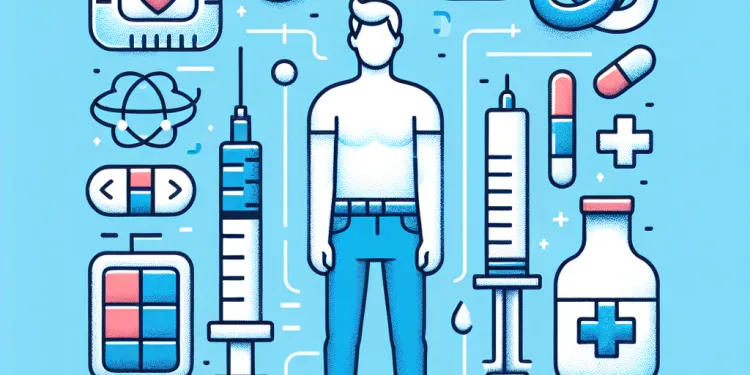
How to inject insulin
Relevance: 36%
-

Sickle cell patients share their experiences with the last NHS Chief Executive Amanda Pritchard
Relevance: 36%
-

What support is available for SEND children in schools?
Relevance: 35%
-

Do stoma bags require a prescription?
Relevance: 35%
-
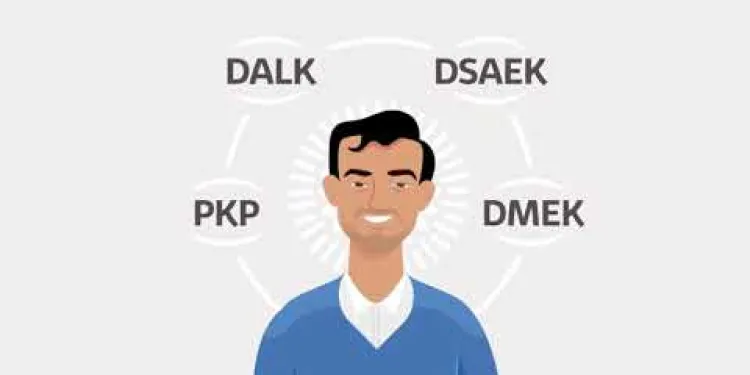
Cornea transplant patient Information
Relevance: 35%
-

Are there any contraindications for Mounjaro?
Relevance: 35%
-

What is the SENCO's role in a school?
Relevance: 35%
-
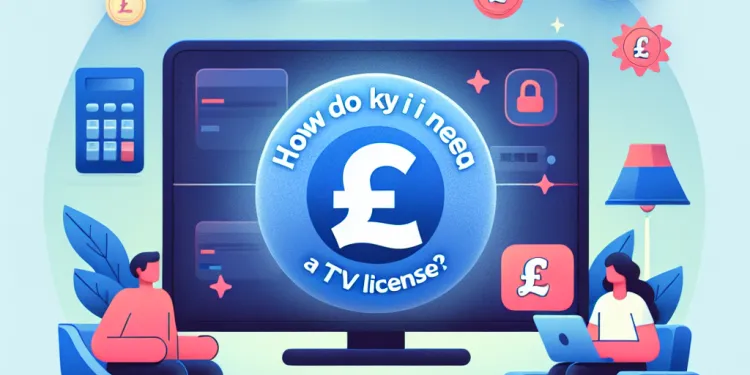
How do I know if I need a TV license?
Relevance: 34%
-
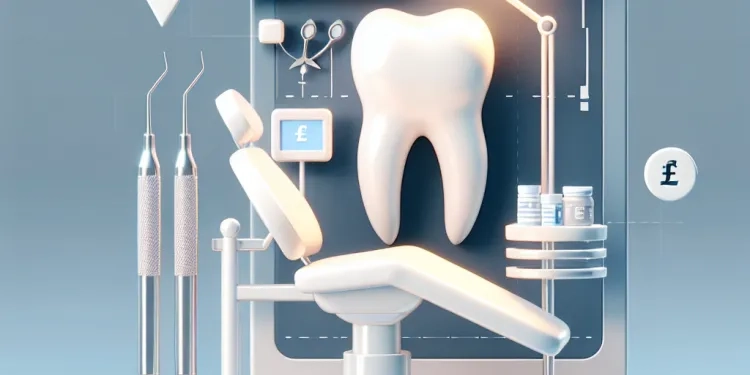
How often should I have a dental check-up on the NHS?
Relevance: 34%
-

What role do teachers play in supporting SEND children?
Relevance: 33%
-

How do I request special accommodations for the DVSA Theory Test?
Relevance: 33%
Understanding NHS Dentistry for Patients with Special Needs
The National Health Service (NHS) in the UK provides dental care for all, including patients with special needs. It's important for individuals and families navigating the healthcare system to understand the options available for those requiring specialized dental care. NHS dentists are equipped to handle a variety of special needs and disabilities, ensuring that everyone receives appropriate oral healthcare.
What Constitutes Special Needs in Dentistry?
Special needs in dentistry might include physical impairments, developmental disabilities, mental health issues, or complex medical conditions that require tailored dental treatments. Patients with special needs often require accommodations or adjustments in their treatment plans to ensure a conducive and comfortable environment for dental care. Understanding and addressing these requirements is essential for improving oral health outcomes in this population.
Availability of NHS Dentists for Special Needs Patients
The NHS aims to provide inclusive dental services, and many NHS dental practices across the UK are equipped to treat patients with special needs. It's crucial for patients or their carers to communicate specific requirements to the dental practice, helping them make necessary arrangements. While not every practice may have specialized facilities or expertise, they can often refer patients to a practice that does.
Specialized Services and Facilities
Some NHS dental practices have additional facilities or specially trained staff to cater to patients with special needs. These might include wheelchair-accessible surgeries, adapted equipment, and clinicians trained in various special care dentistry techniques. There are also community dental services designed to help patients who cannot be treated in general dental practices due to complex needs. These services provide mobile dental units, home visits, and collaborate with other healthcare providers to offer comprehensive care.
Referrals and Finding the Right Dentist
Locating an NHS dentist specializing in special needs care can sometimes be challenging. However, referrals from general practitioners, local health services, or community organizations can be instrumental in finding the right care. Websites like NHS Choices allow patients to search for local dental practices and filter results based on specific needs, ensuring they find practices capable of accommodating them.
Importance of Communication and Education
Effective communication between the dental team, patients, and carers is vital. Educating dental teams about the specific requirements and potential challenges of treating patients with special needs can significantly enhance the quality of care. Patients and carers are encouraged to provide detailed information about the individual's needs prior to the appointment to allow the dental team to prepare accordingly.
Conclusion
The NHS is committed to providing dental services accessible to everyone, including patients with special needs. Through appropriate accommodations, specialized services, and effective communication, individuals with special needs can receive the dental care they require. It is essential to explore local resources and engage with dental professionals to ensure that the oral health needs of these patients are met with dignity and respect.
Understanding NHS Dentistry for Patients with Special Needs
The NHS in the UK helps everyone look after their teeth, including people with special needs. It's important for families to know how to get this help. NHS dentists are trained to help people with different needs, ensuring everyone can have healthy teeth.
What Does Special Needs Mean in Dentistry?
In dentistry, special needs might mean needing extra help because of physical challenges, learning disabilities, mental health issues, or other health problems. People with special needs sometimes need their dental treatment to be a bit different. This makes it easier and more comfortable for them to get dental care. Knowing what they need helps make their teeth healthy.
Finding NHS Dentists for Special Needs Patients
The NHS wants to make sure everyone can get dental care. Many NHS dentists can help people with special needs. It's important for patients or their carers to tell the dental practice what they need. If a practice can't help, they can often suggest another place that can.
Special Services and Facilities
Some NHS dental practices have special facilities or trained staff to help people with special needs. This might mean wheelchair-friendly rooms, special tools, and dentists who know how to give special care. There are also community dental services for people who need extra help. These services might visit patients at home or work together with other healthcare services.
How to Find the Right Dentist
It can be tricky to find the right dentist for special needs care, but there are ways to get help. Doctors, local health services, or community groups might help find the right dentist. Websites like NHS Choices can help you search for local dentists and find one that suits your needs.
The Importance of Talking and Learning
Good communication between the dental team, patients, and carers is very important. Teaching the dental team about special needs helps them provide better care. Patients and carers should tell the dentist about any special needs before the visit, so they can get ready to help.
Conclusion
The NHS wants to make sure everyone, including people with special needs, can get dental care. By making the right changes, offering special services, and talking clearly, people with special needs can get the care they need. It's important to find local help and work with dentists to make sure these patients are treated with fairness and care.
Frequently Asked Questions
Useful Links
- Ergsy carfully checks the information in the videos we provide here.
- Videos shown by Youtube after a video has completed, have NOT been reviewed by ERGSY.
- To view, click the arrow in centre of video.
- Most of the videos you find here will have subtitles and/or closed captions available.
- You may need to turn these on, and choose your preferred language.
- Go to the video you'd like to watch.
- If closed captions (CC) are available, settings will be visible on the bottom right of the video player.
- To turn on Captions, click settings .
- To turn off Captions, click settings again.
More Items From Ergsy search
-

Are there NHS dentists available for patients with special needs?
Relevance: 100%
-

Can I switch NHS dentists?
Relevance: 84%
-

The Delirium Question on Patientrack
Relevance: 79%
-

Can I be registered with an NHS dentist?
Relevance: 78%
-

How can I find an NHS dentist for an appointment?
Relevance: 72%
-

Who is responsible for assessing SEND needs?
Relevance: 61%
-

What does SEND stand for?
Relevance: 57%
-

NHS Utilizes AI to Prioritize High-Risk Patients on Waiting Lists
Relevance: 52%
-

Can I get a dentist appointment on the NHS?
Relevance: 51%
-

Gaining consent from stroke patients
Relevance: 49%
-

Who are SEND children?
Relevance: 48%
-

Positioning for Breathless Patient
Relevance: 47%
-

Can children get NHS dentist appointments?
Relevance: 46%
-

Needle phobia - Top tips video
Relevance: 46%
-

Is sedation available during NHS dental treatments?
Relevance: 43%
-

Tour of the Sickle Cell and Thalassaemia Unit at City Hospital | SCaT
Relevance: 42%
-

The Leeds Specialist Rehabilitation Centre - 3 Prosthetic Physiotherapy
Relevance: 42%
-

What is a social prescriber, and how do they support general practice?
Relevance: 42%
-

Do NHS dentists cover cosmetic treatments?
Relevance: 41%
-

Making a spinal brace for a scoliotic patient at the RNOH
Relevance: 41%
-

Fallsafe - Put the patient first. Preventing falls in Hospital.
Relevance: 41%
-

Do not attempt cardiopulmonary resuscitation (DNACPR)
Relevance: 39%
-

NHS to Expand Digital Health Services to Reduce Appointment Backlogs
Relevance: 39%
-

Inpatient Surgery at North Bristol NHS Trust
Relevance: 39%
-

Patient voices in type one diabetes - I would have done things differently.
Relevance: 39%
-

How the Shortage of GPs is Affecting Patient Care Across the UK
Relevance: 38%
-

What is an Education, Health and Care Plan (EHCP)?
Relevance: 37%
-

Can I get dental implants on the NHS?
Relevance: 37%
-

Same day discharge for NHS Golden Jubilee’s hip replacement patients
Relevance: 36%
-

How to inject insulin
Relevance: 36%
-

Sickle cell patients share their experiences with the last NHS Chief Executive Amanda Pritchard
Relevance: 36%
-

What support is available for SEND children in schools?
Relevance: 35%
-

Do stoma bags require a prescription?
Relevance: 35%
-

Cornea transplant patient Information
Relevance: 35%
-

Are there any contraindications for Mounjaro?
Relevance: 35%
-

What is the SENCO's role in a school?
Relevance: 35%
-

How do I know if I need a TV license?
Relevance: 34%
-

How often should I have a dental check-up on the NHS?
Relevance: 34%
-

What role do teachers play in supporting SEND children?
Relevance: 33%
-

How do I request special accommodations for the DVSA Theory Test?
Relevance: 33%